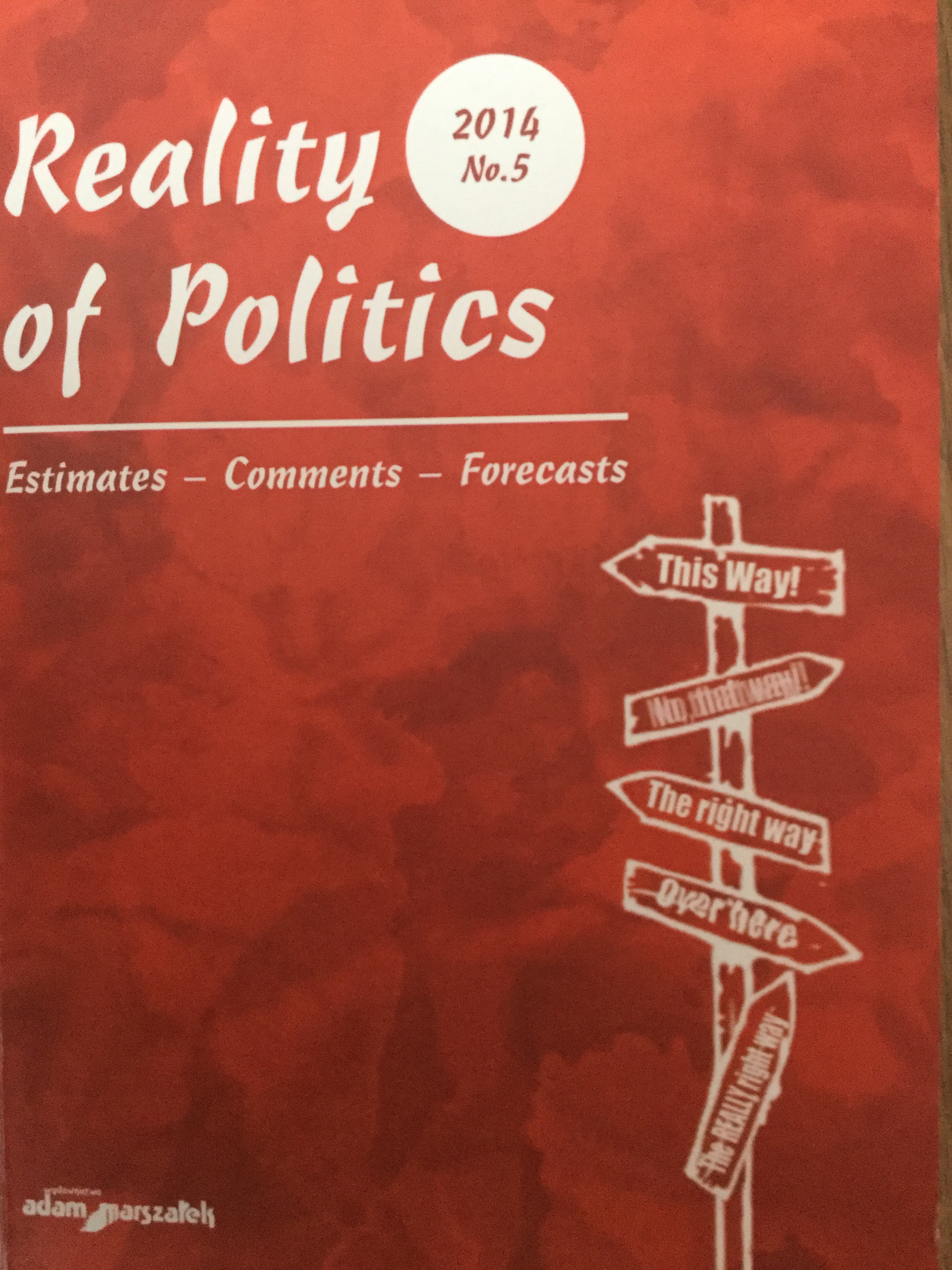TURKISH-UZBEKISTANI RELATIONS: HOW DO ISLAM KARIMOV'S REGIME AND HIS OPPONENTS AFFECT THE BILATERAL TIES BETWEEN ANKARA AND TASHKENT?
TURKISH-UZBEKISTANI RELATIONS: HOW DO ISLAM KARIMOV'S REGIME AND HIS OPPONENTS AFFECT THE BILATERAL TIES BETWEEN ANKARA AND TASHKENT?
Author(s): Türk FahriSubject(s): Politics / Political Sciences, History, Social Sciences, Economy, Law, Constitution, Jurisprudence, National Economy, International Law, Human Rights and Humanitarian Law, Political Theory, Political Sciences, Civil Society, Sociology, Diplomatic history, Military history, Political history, Social history, Business Ethics, Socio-Economic Research
Published by: Wydawnictwo Adam Marszałek
Keywords: International Relations; Islam Karimow; Turkey; Uzbekistan;
Summary/Abstract: This article examines the role of Karimov regime and his opponents in influencing Turkish-Uzbekistani relations in the 1990s and its consequences for later developments. Following the description of the characteristics of Turkish-Uzbekistani relations, it will be discussed how far had the opposition leaders such as Abdürrahim Polat and Muhammad Salih an impact on the worsening of the bilateral ties between Turkey and Uzbekistan. This article then stresses Turkey’s attitude towards Uzbek opposition leaders which finally addresses the reasons for worsening of Turkish-Uzbekistani relations such as the bombings of Tashkent, Uzbek students in Turkey, Gülen Movement as well as the ideology of Pan-Turkism.
Journal: Reality of Politics. Estimates - Comments - Forecasts
- Issue Year: 2014
- Issue No: 5
- Page Range: 139-165
- Page Count: 27
- Language: English

